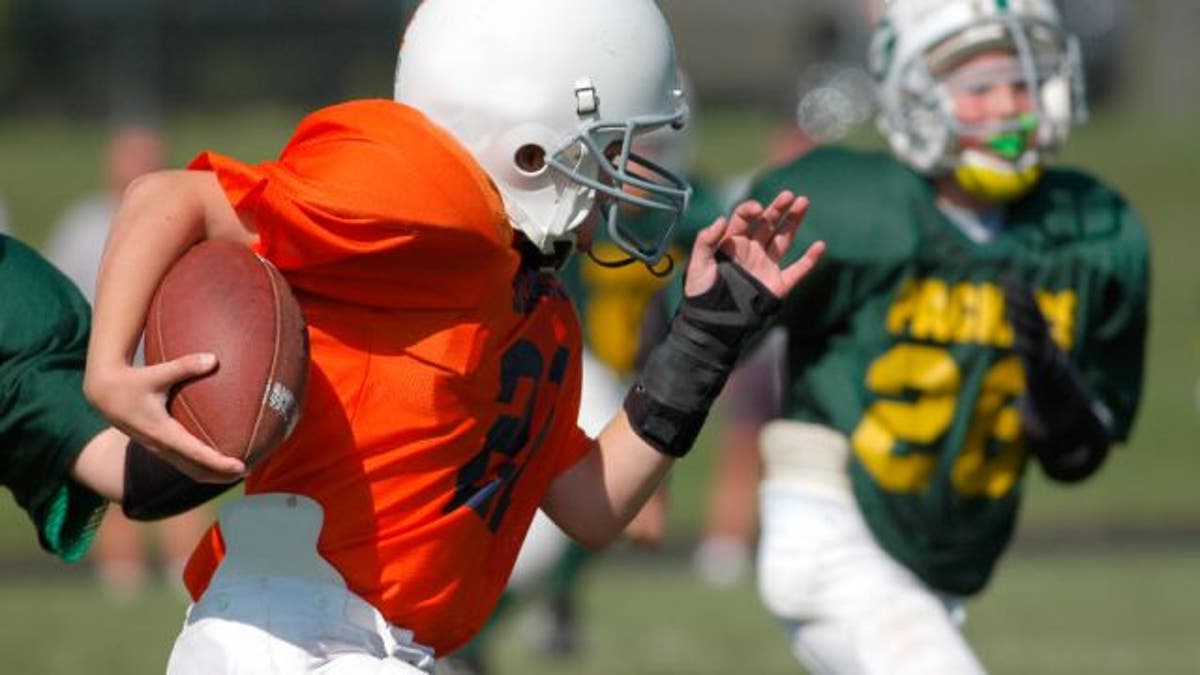
Young people may take longer to recover after their second or third concussion, a new study suggests.
Researchers typically believe the average athlete needs up to two weeks to stop having symptoms - such as headaches and memory problems - after a concussion.
But in the new study, children and young adults who had just suffered their second concussion in the last year took an average of 35 days to get back to normal.
"We have to be cautious in terms of after two weeks, if you still have symptomatic athletes, that you're not trying to hurry them back," said Dr. Paul Comper, a concussion researcher from the University of Toronto.
"The most important piece of information that comes out of this study is, if you've had prior concussions, the 10- to 14-day (recovery) thing may be completely out the window," Comper, who wasn't involved in the new study, said.
"For you, it might be a month."
He said the findings aren't totally surprising - it's clear that multiple head injuries are a bad thing - but they give doctors more information to pass on to their young patients after a concussion.
Studies have been piling up showing the potential harms of concussions among kids (see Reuters Health story of March 4, 2012 here: reut.rs/yKlv85).
And the apparent suicides of Junior Seau and other professional football and hockey players, some of whose brains showed damage from multiple head injuries, have raised concerns about depression tied to repeat concussions.
The new study included 280 youth, age 11 to 22, who came to the emergency room within a few days of having a concussion. About two-thirds of them were injured playing sports, most commonly hockey, soccer, football and basketball.
After going home, kids filled out up to six questionnaires about their symptoms over the next 12 weeks, and reported the last day they had any concussion-related problems.
Of the 235 kids who completed the study, 68 had a history of concussion.
On average, participants who had never had a concussion before took 12 days to recover from their head injury. That compared to 24 days among those with at least one past concussion, and 35 days if that prior concussion had been within the last year, the study team reported Monday in Pediatrics.
That finding, the lead author said, gives parents and doctors "even more reason for caution" when deciding how long a child should be kept out of sports or school after a head injury.
"Even after symptoms have improved and even after these neuropsychological tests have returned to normal, there's still a vulnerability that can lead to a much more severe second concussion," Dr. Matthew Eisenberg, from Boston Children's Hospital, said.
The researchers said one limitation to their study was that they relied on kids to report when their symptoms were gone - and some may have had incentives to say they were better to return to sports, or to say they weren't to stay home from school.
Eisenberg said the next goal is to look for something on a blood test, urine test or brain scan that will tell doctors when a child is truly back to normal.
There's also a need for follow-up research on kids with concussions, he said, because what parents want to know most is whether their child will have any lingering issues years down the line.
"The big question that still needs to be answered is, what are the long-term effects of these concussions?"
